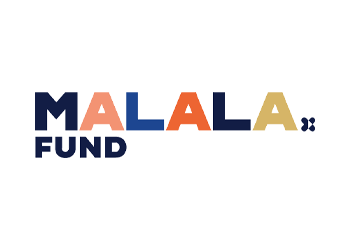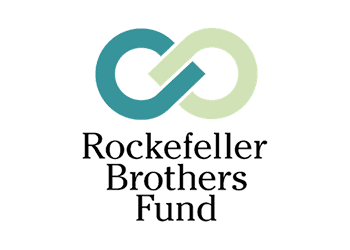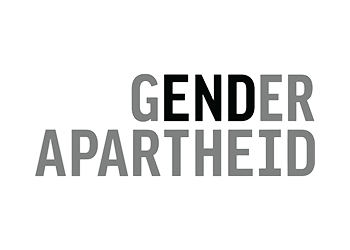Why this
Matters
We work to preserve the documentary evidence of the Taliban’s increasingly repressive rule—before it is lost, buried, or deliberately erased.
This archive offers a vital window into the structures of power, law, and resistance that have shaped Afghanistan since 2021.
Our mission
Our mission is grounded in the belief that access to information is a form of justice. The documents collected here—ranging from Taliban-issued laws and decrees to personal testimonies and legal critiques—expose the mechanisms of gender apartheid, systemic repression, and the contested legality of the current regime. This archive is both a record and a response: a record of what has been said, done, and imposed in the name of law—and a response to the urgent need to preserve that record for justice, memory, and accountability.
Who we are
The Afghanistan Justice Archive is an independent, non-profit digital resource dedicated to preserving and sharing the legal and historical record of Afghanistan under Taliban rule.
We are researchers, technologists, designers, translators, and human rights practitioners. Some of us have worked within Afghan institutions; others have spent years documenting abuses, supporting survivors, or building tools for justice and transparency. Together, we are creating a living archive—one that serves not only as a safeguard of memory, but also as a tool for advocacy, accountability, and truth-telling. We collaborate with Afghan and international partners to ensure the archive reflects diverse perspectives and remains accessible, reliable, and useful to all who need it. Whether you're a journalist tracing evidence, a lawyer building a case, a student seeking to understand the realities of Taliban rule, or a citizen looking for clarity—you are welcome here.
What we do
Collecting, Curating, and Sharing the Documents That Define Afghanistan’s Legal Order under the Taliban since August 2021.
We collect, curate, and publish a wide range of primary source materials, including:
Legal decrees and government documents
Orders and enforcement actions
Human Rights Reports
Testimonies of the people impacted by Taliban legal orders
We also collect, curate, or commission legal analyses and resources from Afghan and international experts and partners.
Each item is carefully reviewed and presented with context and metadata to support its use in research, reporting, or legal processes.
Our approach
An Ethical and Accessible Approach to Archiving
We are committed to building an archive that is not only reliable, but also usable, ethical, and grounded in the realities of lawmaking under Taliban rule.
Accessible Design: We believe information should be easy to find and intuitive to navigate. The archive is built with a clean, user-friendly interface designed to serve a wide range of users—from researchers and journalists to students and survivors.
Ethical Stewardship:We handle sensitive materials with care, guided by principles of integrity, accuracy, and the safety of both contributors and users.
Open Access: Whenever possible, documents are freely available to download and cite. We believe transparency is essential to justice and accountability.
Open Access:We prioritize original documentation. When original sources are unavailable, we include reputable media reports or human rights investigations—cross-checked and clearly marked—until our researchers can locate and verify an official source.
Methodology and Guidelines: The Taliban’s legal system does not follow conventional state processes. Legal rules may be issued in writing or declared verbally, by various authorities, in inconsistent ways. Our detailed methodology and user guidelines help you navigate these complexities—clarifying how decrees are issued, by whom, and under what authority.
Behind the Archive
The Archive Is Maintained by a Team of Dedicated Individuals, Working Anonymously for the Sake of Preservation and Justice.
The Afghanistan Justice Archive is built and maintained by a diverse team of dedicated individuals working anonymously in service of justice and accountability.
Our team includes researchers, technologists, designers, translators, and legal experts—some with lived experience in Afghanistan, others with long histories in human rights and documentation. Together, we share a commitment to integrity, justice, and the preservation of the historical record.
This project is a collective effort—carefully assembled, reviewed, and maintained with purpose and discretion. For security reasons, we do not list individual team members or contributors by name. Many work in sensitive contexts and/or have ties to communities directly impacted by the archive’s content.
The Afghanistan Justice Archive is an initiative of the Civic Engagement Project.

Our partners
We thank our Afghan and international partners—researchers, translators, advocates, and advisors—whose collaboration, insight, and solidarity help ensure the archive is trustworthy, inclusive, and impactful. We are especially grateful to our supporters, whose generous support has made this archive possible.



